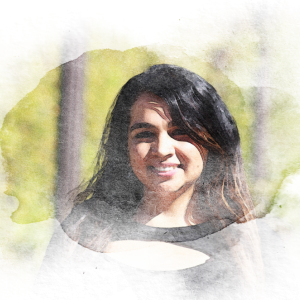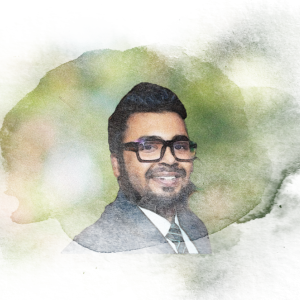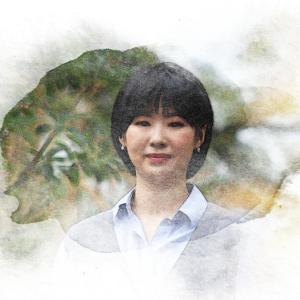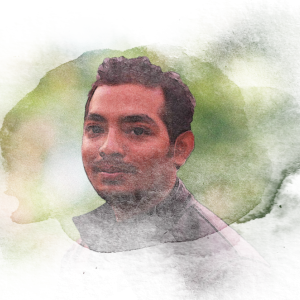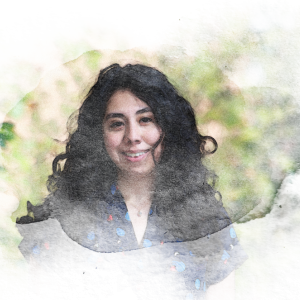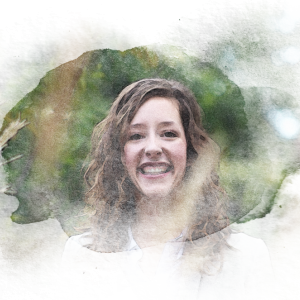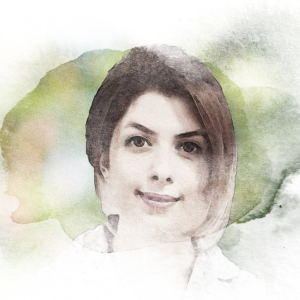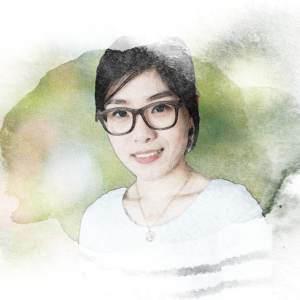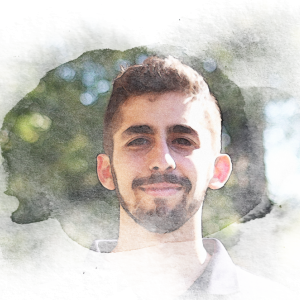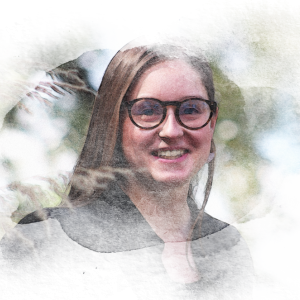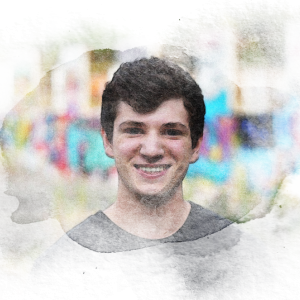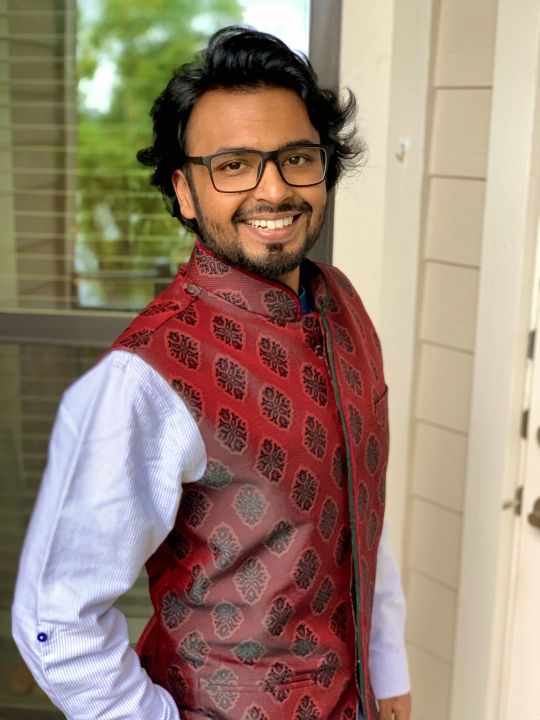Interdisciplinary research is part of the culture of the GVU Center. Ranging from creating cutting-edge computing innovations, to understanding the impacts that these innovations will have on our lives, the students in GVU represent the future of technology.
The GVU Center recognizes top Ph.D. and master's students at Georgia Tech through the annual GVU Graduate Student Awards Program, funded by the James D. Foley GVU Center Endowment.
Each of the 2021 finalists for the program’s two award levels—the Foley Scholarship for Ph.D. students and the GVU Distinguished Master’s Student Award—are involved in research to advance computing technology for the improvement of our daily lives. The GVU Graduate Student Awards Program is the center's highest recognition for student excellence in research contributions to computing.
Learn more below about the four award winners and eight finalists in this year's program.
FOLEY SCHOLARS
FOLEY SCHOLARS FINALISTS
GVU DISTINGUISHED MASTER'S STUDENT
GVU DISTINGUISHED MASTER'S STUDENT FINALISTS

FOLEY SCHOLARS
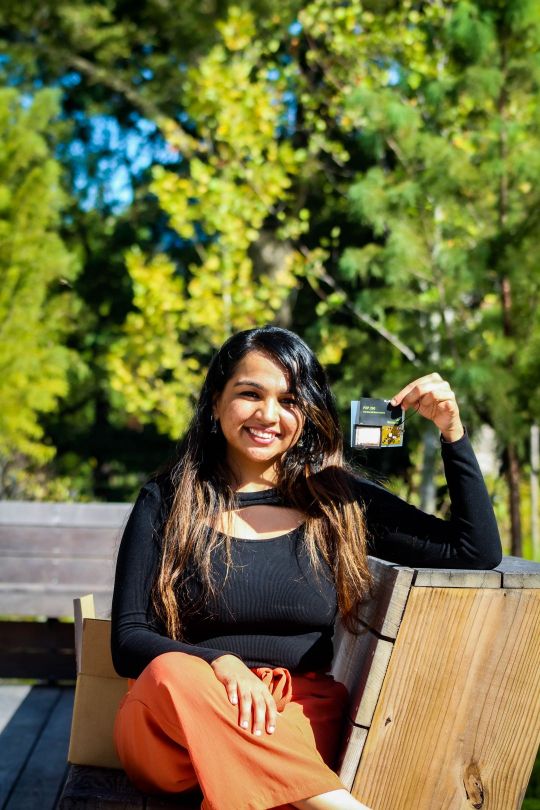
Foley Scholar 2021
Nivedita Arora
Computer Science
Advisors: Gregory Abowd, Thad Starner
Nivedita Arora’s research focuses on re-imagining the future of mobile and ubiquitous computing by embracing an alternative view of computing where everyday objects and surfaces would be covered with a material that can do computational tasks. She has created a sticky note-like piece of paper that can sense a rich set of human interactions, give feedback to the user and communicate the sensed information – all done without requiring any batteries or wiring. Her work inspires multidisciplinary out-of-the-box thinking for a new direction for computing – “the Internet of Materials” – where computing is woven into the very fabric of our lives.
Foley Scholar 2021
Upol Ehsan
Computer Science
Advisor: Mark Riedl
Upol Ehsan cares about people first, technology second. His research around Explainable Artificial Intelligence (XAI) has a personal origin story – he was wrongfully detained at an airport due to an automated system’s error, which no one could explain or hold anyone accountable for. Combining his expertise in AI and background in Philosophy, he envisions a future where anyone, regardless of their background, is empowered to interact with AI-powered technology with dignity. Putting the human first and focusing on how our values shape the use and abuse of technology, his work has charted the visions of Human-centered Explainable AI (a sub-field of XAI). By promoting equity in the conversation around AI, he wants to ensure stakeholders who aren’t at the table do not end up on the menu.
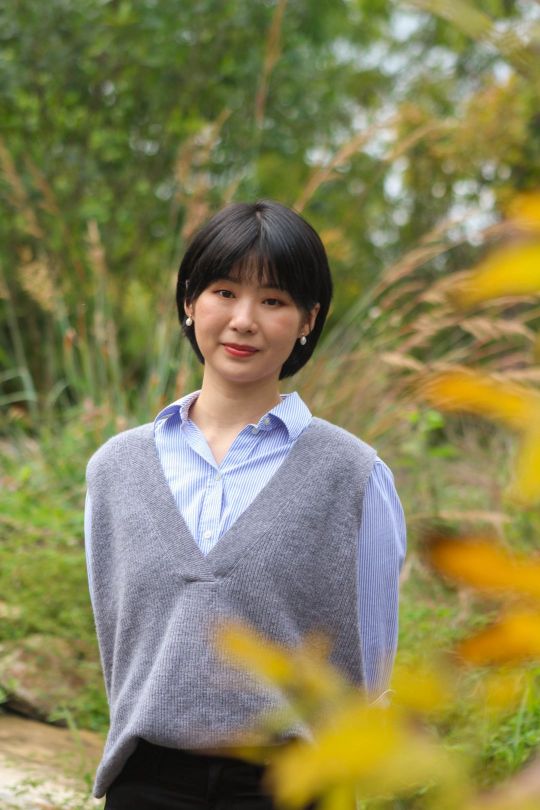
Foley Scholar 2021
Qiaosi (Chelsea) Wang
Human-Centered Computing
Advisor: Ashok Goel
Qiaosi Wang’s research aims at understanding the design and impact of Artificially Intelligent (AI) agents that can blend into online human communities and facilitate interactions among community members. Taking a human-centered approach, her work offers design implications on AI agents that can mediate the social interactions among online students by catering to their current practices and challenges in building social connections. Building upon online students’ preferences and concerns in interacting with AI agents, she proposes a new design framework called “Mutual Theory of Mind” to explore humans’ and AI agents’ understanding of how they perceive each other, which drives their behaviors and expectations during interactions. She is also examining the social and ethical implications of designing Mutual Theory of Mind in human-AI interactions.

FOLEY SCHOLARS FINALISTS
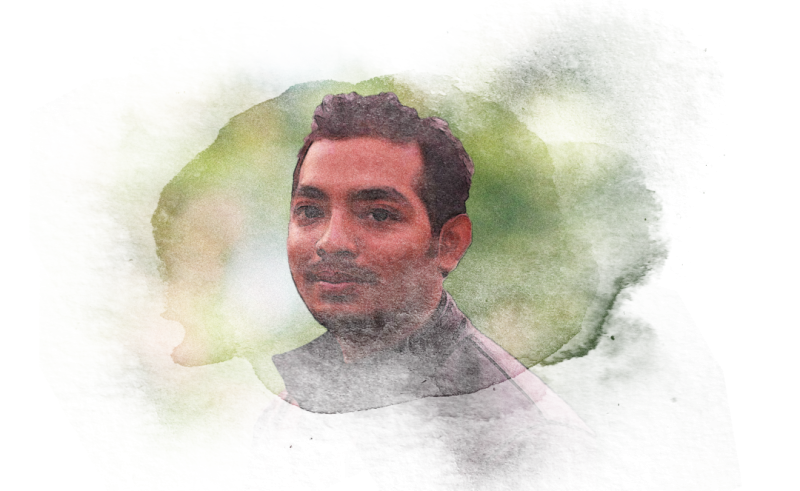
Foley Scholar Finalist 2021
Mehrab Bin Morshed
Computer Science
Advisors: Gregory Abowd, Thomas Ploetz
Mehrab Bin Morshed’s research is at the intersection of human-computer interaction, ubiquitous computing, and health informatics. His research goal is to leverage and expand the sensing capabilities of widely used technologies to assess the mental well-being of a variety of communities. This involves data-driven, domain-driven, and user-centered approaches to (i) rethink the use-cases of existing sensors on smart devices, (ii) extend sensing capabilities to acquire human behaviors, and (iii) leverage such behaviors to model individual mental well-being. Such an iterative strategy allows him to study the feasibility and efficacy of the designed system in real-world contexts. In this way, he makes empirical, methodological, and technical contributions to the assessments of people’s well-being.
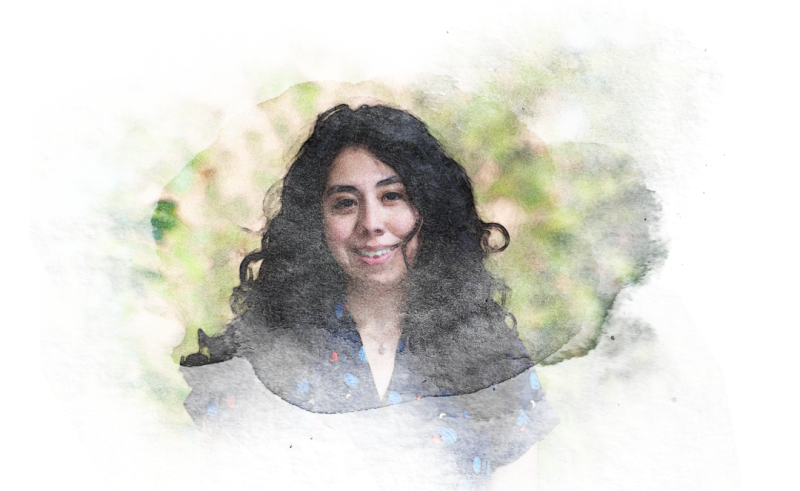
Foley Scholar Finalist 2021
Adriana Alvarado Garcia
Human-Centered Computing
Advisor: Christopher Le Dantec
Adriana Alvarado Garcia's research uses social media data as a proxy to understand local and situated systems of knowledge. Alvarado has partnered with national and international non-governmental organizations (NGOs) in Mexico to examine the role of organizational practices and human interpretation when NGOs use data to inform their interventions. Building on the lessons of these partnerships, Alvarado is developing tools that support NGOs to use digital traces as evidence to uncover citizens’ plurality of ways of knowing and doing in times of crisis. These tools center community perspectives and the context of data production. With her research, Alvarado aims to encourage NGOs’ practitioners to reflect on the dynamics encoded in collecting social media data and challenge the notion that data-related work is neutral.
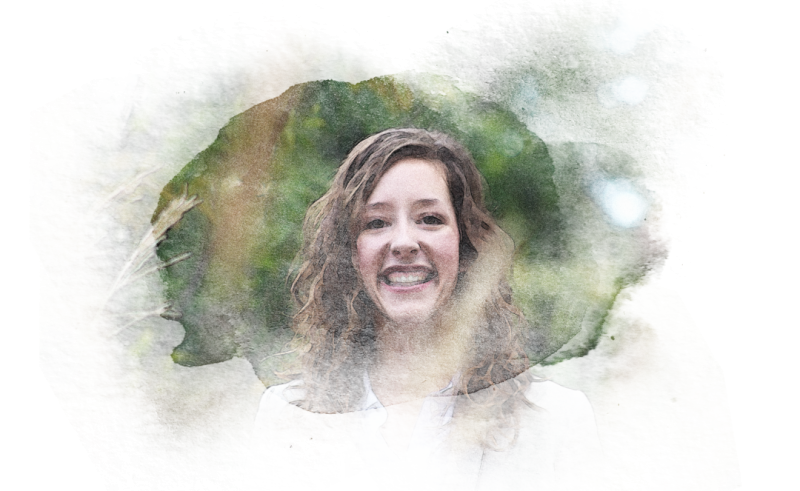
Foley Scholar Finalist 2021
Alyssa Rumsey
Human-Centered Computing
Advisor: Christopher Le Dantec
Alyssa Rumsey’s research is deeply connected to her background working in industry. Her time at Lockheed Martin motivated her to pursue her PhD to better understand and develop technologies that support and extend the abilities of the blue-collar workforce. By prioritizing the values and perspectives of people actually performing manual labor tasks, she seeks to create methods and tools that lead to increased job satisfaction and more meaningful, fulfilling work. The development and implementation of new technologies will shape the education and skills needed by the next generation workforce. Alyssa is reimagining the future of work as a place where technology is a tool designed and used by workers, for workers.
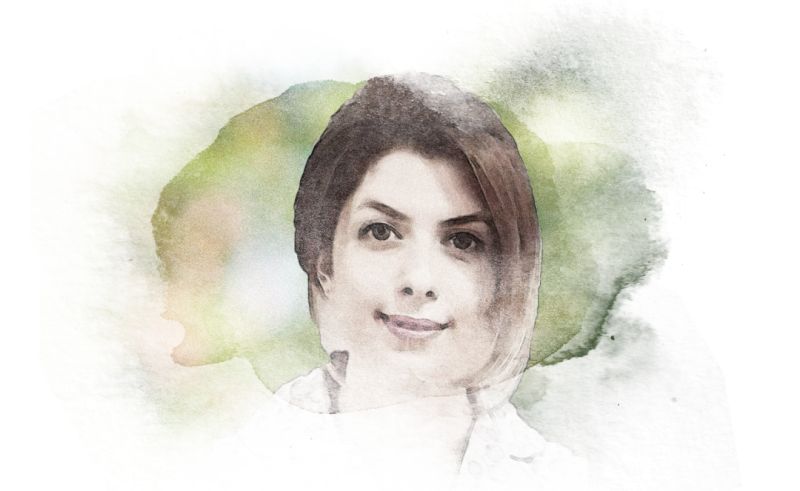
Foley Scholar Finalist 2021
Fereshteh Shahmiri
Computer Science
Advisor: Keith Edwards
Fereshteh Shahmiri's PhD research revolves around the invention and implementation of wearable sensing platforms for body motion analysis with practical solutions in health and rehabilitation applications. Her ultimate goal as an HCI researcher is to design usable sensing wearables that are accurate and unobtrusive while they fully respect the human body's anatomical constraints. She leverages machine learning, signal processing, sensor fusion and biomechanical analysis techniques to assess the body joint kinematics through pattern recognition and pose estimation models. All software and hardware implementations in her work are intended to provide opportunities for better comprehension of human body motions.
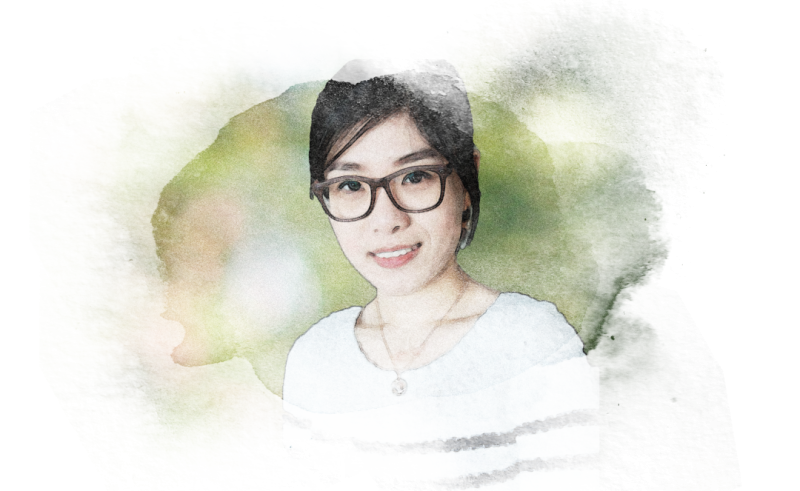
Foley Scholar Finalist 2021
Yixuan (Janice) Zhang
Human-Centered Computing
Advisor: Andrea Grimes Parker
Yixuan (Janice) Zhang’s research seeks to enhance the autonomy of marginalized populations during crises through information technology. Her work examines how the design of information and technologies shapes trust and distrust among marginalized communities, and how mistrust undermines their autonomy during crises. To explore how technological systems can be designed to reduce inequity, she captures people’s interactions with technologies and the dynamics of people’s perceptions during emerging crises through surveys, interviews, observations, co-design, and user evaluations. Her research shapes the understanding of how marginalized groups interact and perceive the massive amount of information and how trust forms, develops and collapses among these groups. Her research sheds light on how technologies can mitigate informational vulnerability and help marginalized groups navigate through crises.

GVU DISTINGUISHED MASTER'S STUDENT
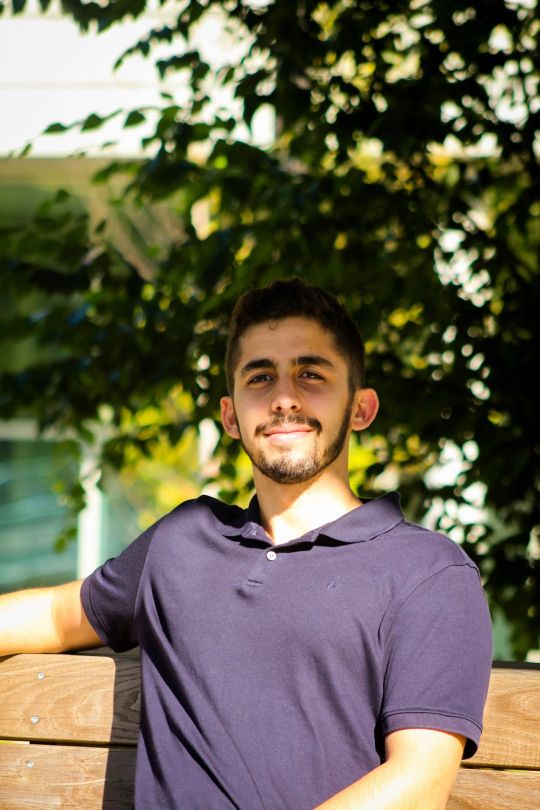
GVU Distinguished Master's Student
Ali Mirzazadeh
Computer Science
Advisors: Thad Starner, Gregory Abowd, Omer Inan
Ali Mirzazadeh’s research is concerned with improving healthcare and preventive medicine with the combination of machine learning and wearable technology. His work with the COSMOS lab is concerned with ultra low power sensing and communication, enabling everyday surfaces to communicate sensor information with nanowatts of power. Additionally, he collaborates with the Inan Research Lab to develop wearable bioimpedance sensors for athletes to track fatigue and injury recovery, to prevent potential muscular injuries.

GVU DISTINGUISHED MASTER'S STUDENT FINALISTS
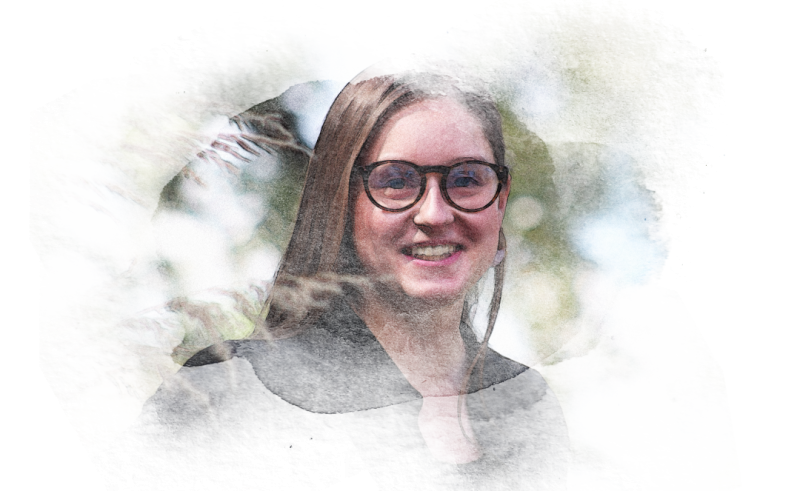
GVU Distinguished Master's Student Finalist
Grace Barkhuff
Human-Computer Interaction
Advisors: Ellen Zegura, Mike Best
Grace Barkhuff studies human rights in the digital age, thinking about how the Universal Declaration of Human Rights from 1948 should be updated to account for the huge change technology has had on society. For example, her research group considers questions such as if internet access should be considered a human right and if people have a right to remain anonymous online. In addition, Grace works on research with DataWorks, a data services organization based out of Georgia Tech that employs and trains Atlanta youth from economically disadvantaged neighborhoods. She also loves teaching and mentoring the next generation of computer scientists and has a particular passion for helping more women join and feel that they belong working in technology.
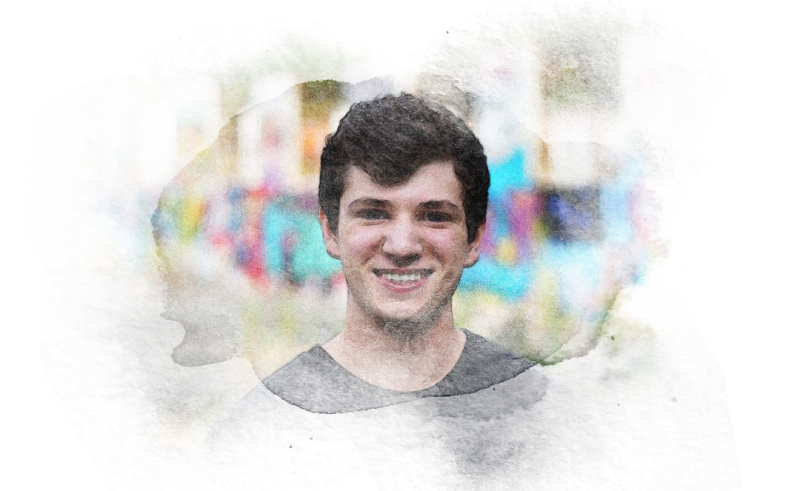
GVU Distinguished Master's Student Finalist
Josh Terry
Human-Computer Interaction
Advisor: Melody Moore Jackson
Josh Terry aims to optimize enrichment and healthcare for sea otters under the care of aquariums and zoos through SOFT (Sea Otter Foraging Technology). By applying his background in game design, interaction design, and UX principles, he's taking an evidence-informed approach to researching, designing, and implementing a computer-driven toy to entertain – and monitor the health of – sea otters at the Georgia Aquarium. His goal is to apply modular design practices to expand this platform to other marine mammal and bird species under the care of aquariums and zoos for the welfare of aquarium collection animals around the globe.



